If it looks like a duck, quacks like a duck… It’s a franchise
By: Daniel Block
If you are the owner of a successful business that has more than one outlet, such as retail stores or restaurants, you may have decided you would like to expand your chain. Or, people may have told you that they would like to own an outlet operating under the trade name of your business.
Some alternatives for expansion are available. You could establish more company-owned outlets, or you could permit others to own and operate outlets under your trade name in exchange for one-time and/or ongoing fees.
If you decide to expand by permitting others to own and operate outlets under your trade name, you may be establishing franchise relationships-regardless of whether you intend to do so.
Because franchise laws require expenditures for the creation of a franchise disclosure document, and registration of the franchise offering is required in 13 states (but not in Colorado), owners of business concepts may try to avoid creating a franchise relationship.
“Whether a relationship is a franchise under federal and state laws depends on whether certain elements of a ‘franchise’ are present.”
Some people incorrectly think that by calling the relationship a “license,” and the contract between the parties a “License Agreement,” they avoid the franchise laws. The reality is that whether a relationship is a franchise under federal and state laws depends on whether certain elements of a “franchise” are present.
True Licenses
A true “license” involves the owner of the trademark or service mark permitting the licensee to use the mark, in exchange for a fee, but with only the controls necessary to maintain quality control over the mark. Necessary controls are requirements that products and services sold under the mark meet specifications, and that the mark is used properly in advertising. The “trade dress” of the store or other location where licensed goods or services are offered could also be controlled, such as by color scheme, fixture, and/or layout requirements.
Elements of a Franchise
Under federal law, which governs the relationship in Colorado and most other states, a franchise is present if it is a commercial relationship or arrangement, and if the following three elements are present: (1) the purchaser of the rights (known as the “franchisee”) will obtain the right to operate a business that is identified or associated with the trademark of the seller (known as the “franchisor”), or obtain the right to offer, sell, or distribute goods, services, or commodities that are identified or associated with the seller’s trademark; (2) the seller will exert or has the authority to exert a significant degree of control over, or will provide significant assistance in, the purchaser’s method of operation; and (3) as a condition of obtaining the franchise or commencing operation of the franchise, the purchaser makes or commits to make a required payment to the seller or its affiliate of $500 or more before or within six months after commencing operations of the franchised business.
Trademark, Service Mark or Commercial Symbol
The seller of the business concept will likely have more success in attracting purchasers, and purchasers will have more success, if purchasers can operate their business using the seller’s trademark or service mark. That meets the first element of a “franchise.”
The Franchise Fee
Typically, the owner of the business concept wants to receive an up-front fee, exceeding $500, for providing training and other pre-opening services to the purchaser. The owner of the concept may sell products to the purchaser at more than the “bona fide wholesale price,” or collect royalties from the purchaser for the right to operate the business. Any of these practices will likely meet the second element of a “franchise.”
Significant Control or Assistance
The third element of the definition of a “franchise” is the most misunderstood, and the element that owners of business concepts most often mistakenly think they are evading when they call the relationship a “license” rather than a “franchise.” According to the Federal Trade Commission, which enforces the federal law governing franchising, the following types of controls and assistance by the seller can constitute “significant control or assistance”: (a) restrictions on production techniques; (b) business location, customer, or sales area restrictions; (c) formal sales, repair, or business training programs provided by the seller; (d) management, marketing, or personnel advice by the seller; (e) site approval requirements; (f) promotional campaigns requiring franchisee participation or financial contribution; (g) site design or appearance requirements; (h) establishing accounting systems or accounting requirements; and (i) the seller furnishing a detailed operating manual.
If any of these controls or types of assistance is present, significant control or assistance may be present; and a combination of controls and assistance will almost certainly meet the third element.
Then, the relationship, having met the first two elements, is a “franchise,” regardless of what it is called.
A few narrow exemptions and exclusions from the definition of a franchise exist under federal and state laws.
Some business concepts that are not franchises may, however, be business opportunities under federal and many state laws. The discussion of these laws is beyond the scope of this article.
The penalties for selling a franchise without complying with the applicable franchise law(s) vary from among the federal law and the state laws, but generally, the purchaser of a franchise that did not receive a franchise disclosure document can rescind the transaction—and get his or her money back from the seller, with interest.








